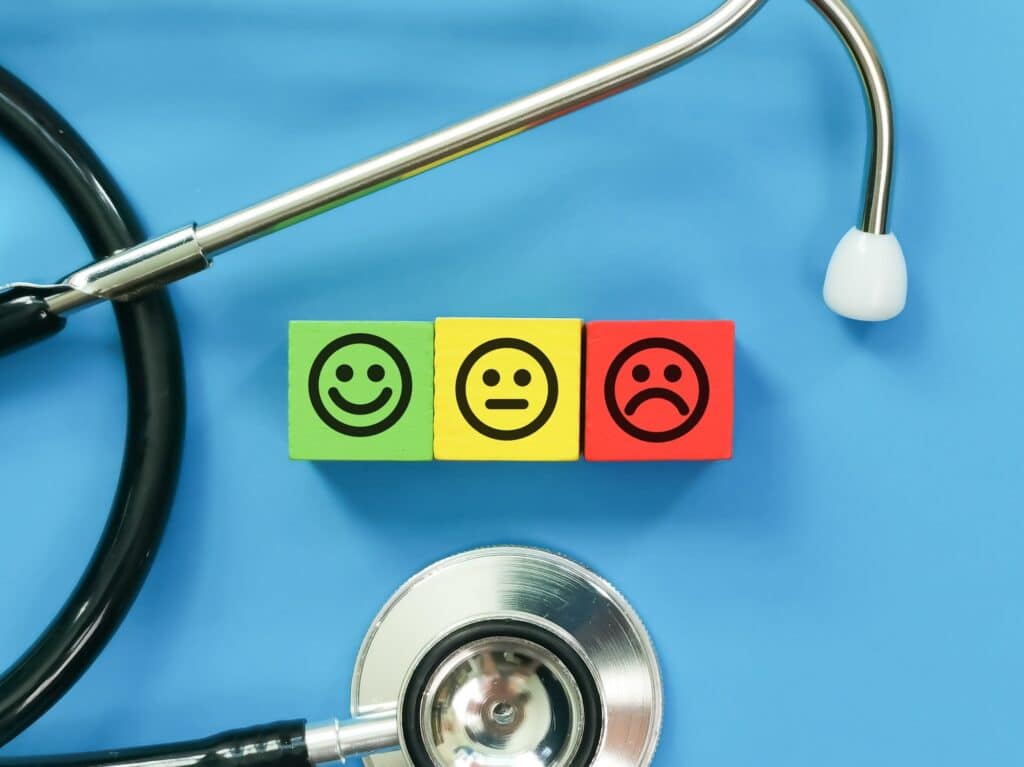Bridging the Gap: The Essential Role of Spanish in Healthcare

In the rapidly evolving landscape of healthcare, the demand for bilingual professionals who can effectively communicate with Spanish-speaking patients has never been more critical. Recognizing the critical need for Spanish in healthcare, there is a growing emphasis on language training and education for healthcare professionals. The ability to speak Spanish is not just a valuable skill but a necessity in ensuring the provision of quality care, enhancing patient satisfaction, and fostering effective communication with families. This is particularly true in regions with a significant Spanish-speaking population, where language barriers can impede access to healthcare services and compromise patient outcomes.
The Growing Need for Spanish in Healthcare
As the United States and other countries experience demographic shifts, the Spanish-speaking population continues to grow, making Spanish one of the most spoken languages in the healthcare setting. This linguistic diversity presents unique challenges and opportunities in healthcare delivery. Bilingual healthcare professionals, including doctors, nurses, administrative staff, and support services, play a pivotal role in addressing these challenges, ensuring that healthcare services are accessible, equitable, and culturally competent.
Enhancing Patient Care through Language
Effective communication is the cornerstone of quality patient care. When healthcare providers can communicate in a patient’s native language, it leads to better understanding, greater patient engagement, and more accurate health assessments. This linguistic alignment is crucial in obtaining comprehensive medical histories, explaining treatment options, and ensuring informed consent, all of which are fundamental to patient-centered care.

Improving Patient Satisfaction and Trust
The ability to communicate in Spanish significantly enhances patient satisfaction by creating a more welcoming and inclusive environment. When patients feel understood and respected in their language, it fosters trust and rapport between patients and healthcare providers. This trust is essential in encouraging patients to seek care, follow medical advice, and participate actively in their treatment plans.
Supporting Families and Communities
Bilingual healthcare professionals also play a vital role in supporting not just patients but their families and communities. By facilitating clear and effective communication, they help ensure that family members are informed and involved in care decisions, which is particularly important in critical care situations and when navigating complex healthcare systems.
The Impact on Healthcare Outcomes
The proficiency in Spanish among healthcare professionals can have a direct impact on healthcare outcomes. Language barriers can lead to misunderstandings, misdiagnoses, and inappropriate treatments. By eliminating these barriers, bilingual professionals contribute to more accurate diagnoses, effective treatments, and better overall health outcomes for Spanish-speaking patients.
Cultural Competence in Healthcare
Understanding and speaking Spanish goes beyond mere translation. It involves cultural competence, which includes an awareness of cultural differences, sensitivities, and nuances that influence health beliefs and practices. Healthcare professionals who are culturally and linguistically competent can provide care that is more aligned with the patient’s values and expectations, leading to improved health outcomes and patient satisfaction.
Training and Education: The Path Forward
Recognizing the critical need for Spanish in healthcare, there is a growing emphasis on language training and education for healthcare professionals. Institutions and organizations like CORE Languages are at the forefront of this initiative, offering specialized language training programs designed for healthcare settings. These programs not only focus on language proficiency but also cultural competence, ensuring that healthcare professionals are well-equipped to serve diverse patient populations.
The Role of Technology in Language Access
Technology plays a significant role in bridging the language gap in healthcare. From translation apps to remote interpreting services, technological solutions are increasingly being used to support communication with Spanish-speaking patients. However, while technology can be a valuable tool, it cannot replace the human element of care provided by bilingual healthcare professionals.
The Future of Healthcare: Embracing Linguistic Diversity
As the healthcare industry continues to evolve, the importance of linguistic diversity and cultural competence will only increase. Healthcare organizations must prioritize the recruitment, training, and retention of bilingual professionals to meet the needs of Spanish-speaking patients. By doing so, they can ensure that healthcare services are more accessible, equitable, and effective for all.
Ask about our Spanish Classes for Healthcare Professionals
The integration of Spanish into healthcare is more than a logistical necessity; it is a commitment to patient-centered care, cultural sensitivity, and health equity. Bilingual healthcare professionals are invaluable assets in the mission to provide quality care to every patient, regardless of language. As the healthcare industry embraces linguistic diversity, it paves the way for a more inclusive, compassionate, and effective healthcare system. Through dedicated training programs like those offered by CORE Languages, healthcare professionals can enhance their linguistic and cultural competencies, ensuring that all patients receive the care they deserve, in the language they understand.




